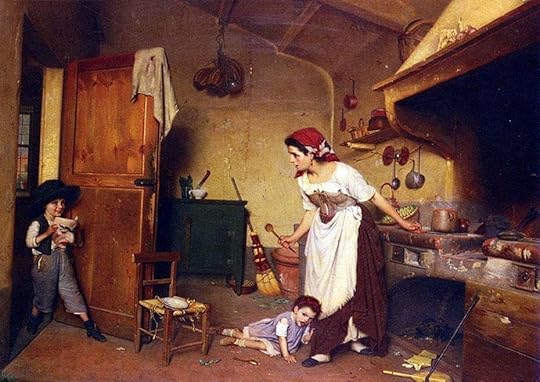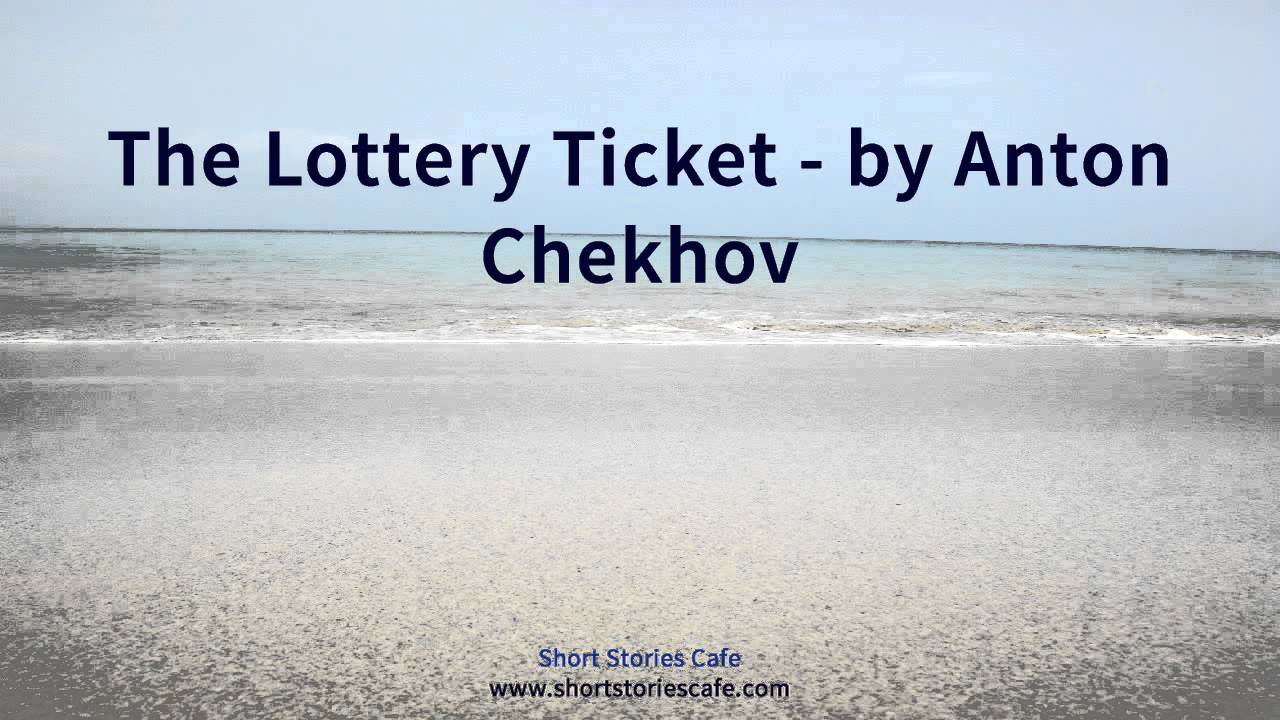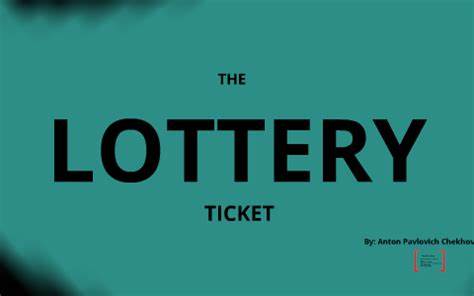Understanding "The Lottery Ticket" by Anton P. Chekhov in Jilino1
Anton Chekhov's short story "The Lottery Ticket" presents a nuanced exploration of human nature, delving into themes of greed, materialism, and the fragility of personal relationships. Through a seemingly simple narrative, Chekhov uncovers the profound psychological transformations that occur when individuals are confronted with the prospect of sudden wealth.


Plot Summary
The story follows Ivan Dmitritch and his wife, Masha, a middle-class couple leading a contented life. One evening, Masha suggests checking the lottery numbers, as she holds a ticket with a series that might match the published results. As they scrutinize the numbers, excitement builds when the first four digits align. They begin to fantasize about the possibilities that such a windfall could offer, envisioning a life of luxury and fulfillment. However, upon examining the final two digits, they discover that their ticket does not match the winning number. This realization abruptly ends their daydreams, leaving them to confront the emptiness that now pervades their once-contented existence.
Themes and Analysis
The Corrupting Influence of Greed
Chekhov masterfully illustrates how the mere prospect of wealth can corrupt individuals' thoughts and relationships. Ivan and Masha's initial contentment is swiftly overshadowed by selfish desires and suspicions about each other's intentions. Their imaginations run wild with visions of grandeur, revealing a deep-seated dissatisfaction with their current lives.
The Fragility of Human Relationships
The story exposes the delicate nature of human bonds when tested by the allure of money. As Ivan and Masha delve deeper into their fantasies, mistrust and resentment seep into their interactions. The potential for sudden wealth becomes a wedge, driving a rift between them and highlighting how external temptations can strain marital harmony.
The Illusion of Material Happiness
Chekhov challenges the notion that material possessions equate to happiness. The couple's brief dalliance with the idea of winning exposes their yearning for a life beyond their means, yet the story concludes with the realization that such fantasies are hollow. Their return to reality is marked by a renewed awareness of their unfulfilled desires, suggesting that true contentment lies elsewhere.
Human Nature and Self-Deception
The narrative delves into the concept of self-deception, portraying how individuals construct elaborate fantasies to escape their mundane realities. Ivan and Masha's brief indulgence in imagining a different life serves as a mirror to the human tendency to seek solace in illusions, only to face the harshness of reality when those dreams dissipate.
Conclusion
"The Lottery Ticket" serves as a poignant commentary on human nature, greed, and the complexities of marital relationships. Chekhov's concise storytelling invites readers to reflect on their own perceptions of wealth, happiness, and the true sources of contentment in life.



